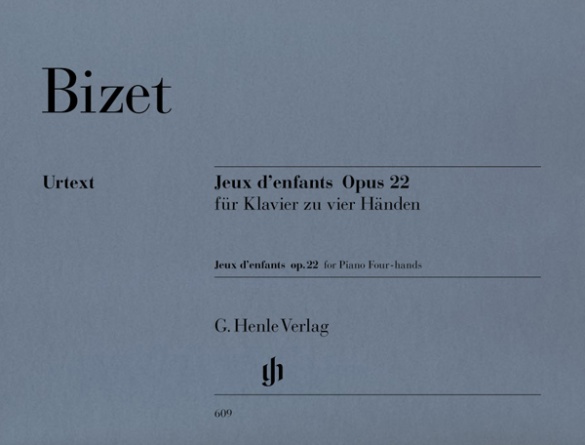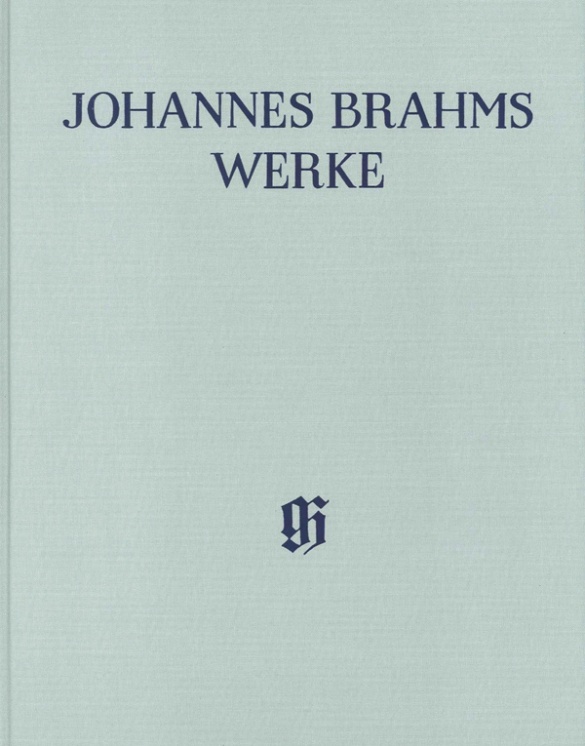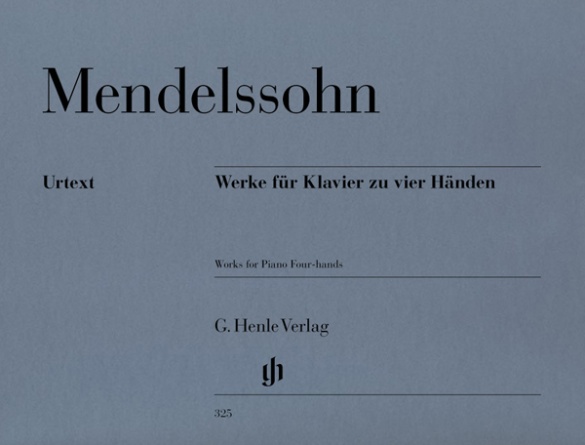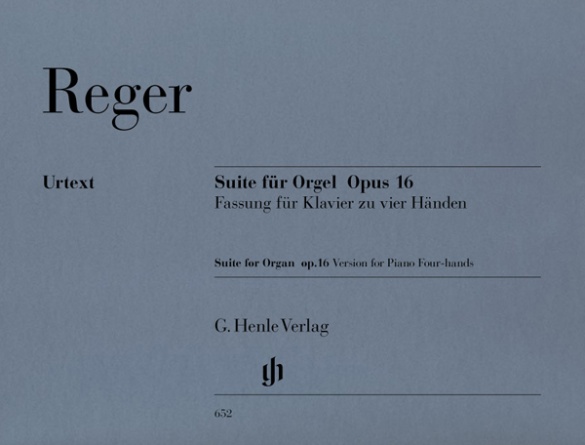

Max Reger
Suite e minor for Organ op. 16, composer's transcription for Piano four-hands (First Edition)
Max Reger’s powerful organ work is published for the first time in the previously unknown authentic version for piano four hands. The manuscript only came into the possession of the Reger Institute in Karlsruhe a few years ago. The famous Piano Duo Tal & Groethuysen was so impressed with the quality of the arrangement and its effect on the audience that they not only undertook to record it for the first time but also persuaded us of the necessity of publishing it. Music journalists gave it an incredible reception: “of course one would hope that through this arrangement the music of the organ suite would also be transported into the concert halls from the churches – yet, “one must, of course, already be able to play” [Piano News, 2000].
Content/Details
About the Composer
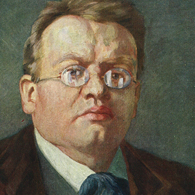
Max Reger
Late-Romantic composer who combines a chromatic tonal language with Baroque and Classical forms, thus anticipating 1920s neoclassicism.
| 1873 | Born in Brand (Upper Palatinate) on March 19, the son of a teacher. First piano lessons from his mother. |
| 1888 | After a visit to Bayreuth (for Meistersinger and Parsifal), decides on a career in music. |
| 1890–93 | Studies with Hugo Riemann at the conservatory in Wiesbaden, composes chamber works. Thereafter he endeavors to publish his own works as a freelance composer, albeit with multiple failures. |
| 1898 | Return to his parents’ home in Weiden. Composition of organ works: choral fantasies, “Fantasy and Fugue on B-A-C-H,” Op. 46 (1900); Symphonic Fantasy and Fugue (“Inferno”), Op. 57. |
| 1901–07 | Living in Munich. |
| 1903 | Publication of his “On the Theory of Modulation,” causing Riemann to feel attacked because Reger espouses a different understanding of the role of chromatics. “Variations and Fugue on an Original Theme,” Op. 73. |
| 1904 | Breakthrough with his first performance for the Allgemeine Deutsche Musikverein (General German Music Association). First volume of his “Simple Songs” for voice and piano, Op. 76; String Quartet in D minor, Op. 74, one of the most significant works in that genre at the beginning of the century. |
| From 1905 | Instructor at Munich’s Academy of Music. “Sinfonietta” in A major, Op. 90. |
| 1907–11 | Music director and professor of composition at the University of Leipzig. Orchestral work “Variations and Fugue on a Theme by Hiller,” Op. 100. |
| 1909 | “The 100th Psalm,” Op. 106, his most popular choral work. |
| 1911–14 | Director of the royal court orchestra of Saxe-Meiningen. |
| 1912 | “Concerto in the Old Style,” Op. 123. Orchestral song “An die Hoffnung” (“To Hope”), Op. 124. |
| 1913 | “Four Tone Poems after A. Böcklin” for large orchestra, Op. 128; “A Ballet Suite,” Op. 130. |
| 1914 | “Variations and Fugue on a Theme by Mozart,” Op. 132 |
| 1915 | He resides in Jena. Late compositions. |
| 1916 | Death in Leipzig on May 11. |
About the Authors

Michael Kube (Editor)
Dr. Michael Kube, born in 1968 in Kiel, studied musicology (with Friedhelm Krummacher and Heinrich W. Schwab), the history of art and ethnology at the Christian-Albrechts-Universität zu Kiel. Since 1998 he has been a research associate at the New Schubert Edition (Tübingen) and since autumn 2002 also a member of the editorial board.
Kube is on the panels of different juries and music prizes, and is also a member of the Committee for work evaluation (Werkprüfungsausschuss) of VG Music Edition. His research interests include music for keyboard instruments around 1700, 19th century chamber music, early 20th century music history, as well as Scandinavian music history.
Product Safety Informations (GPSR)

G. Henle Verlag
Here you can find the information about the manufacturer of the product.G. Henle Verlag e.K.
Forstenrieder Allee 122
81476 München
Germany
info@henle.de
www.henle.com
... Natürlich lohnt sich der Kauf auch dieser Ausgabe . spielen muss man freilich schon können. ... Die Orgelsuite ist ein Schlüsselwerk für die Musik des jungen Max Reger, der nicht nur mit der Verbindung tradierter Technik und avancierter Harmonik experimentierte, sondern vor allem in jenen Monaten unter Depressionen, finanziellen Schwierigkeiten und Alkoholabhängigkeit litt. ... Eine Rehabilitierung hat Regers Musik heute nicht mehr nötig - zu wünschen wäre freilich, dass durch diese Bearbeitung auch die Musik der Orgelsuite aus den Kirchen hinaus in die Konzertsäle getragen würde.
Piano News... Tanto più opportuna appare perciò la proposta della G. Henle Verlag di Monaco di Baviera, che ha appena pubblicato la versione per pianoforte a quattro mani della Suite op. 16 per organo.
Il Giornale della MusicaThis edition, enclosed between the familiar blue covers of Henle Verlag is characteristically thorough in detail and clear in print.
Sheet Musicrecommendations
autogenerated_cross_selling
Further editions of this title


